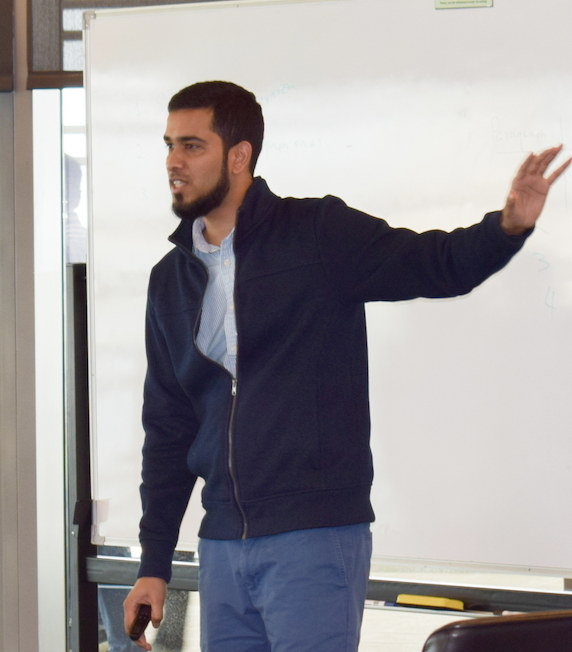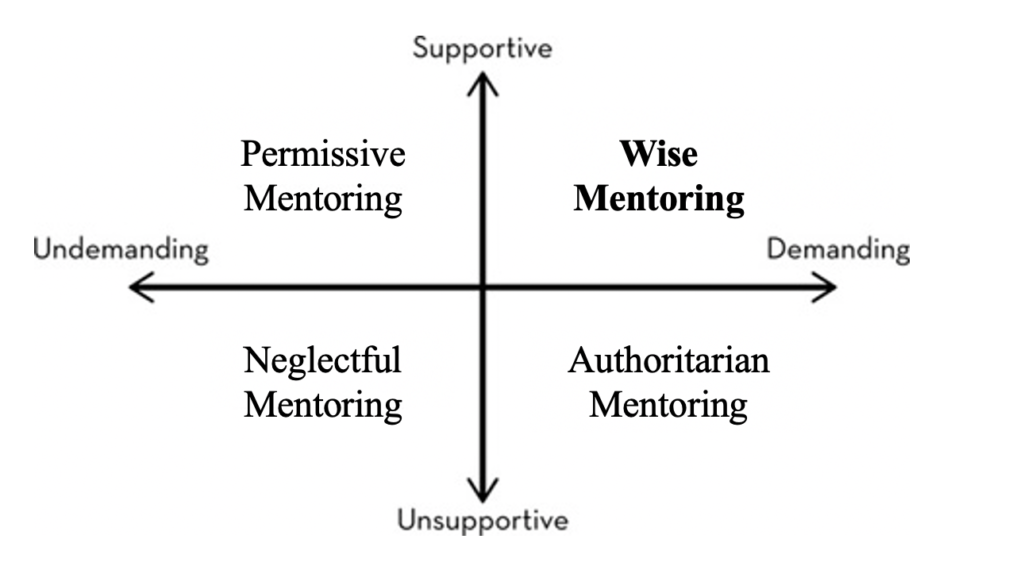Teaching
Teaching Interests
The most rewarding part of teaching is in knowing the difference we could make in creating a more scientifically literate society. The fast-changing globalized world offers unique opportunities and challenges to its citizens. Through scientific education, we empower them with the necessary knowledge and skills to encounter those challenges and create a better living environment. The diversity in my educational background and research experience helps me find cross-disciplinary examples to motivate students and broaden their perspectives on the subject matter. As I find teaching a rewarding learning experience, I have taught classes directly related to my research domain and beyond. Below is a list of courses I have taught at various institutions.
King Fahd University of Petroleum and Minerals
GEOP 592: Introduction to machine learning for geoscientists and engineers (graduate), 2019 – present
GEOP 691: Deep learning for geoscientists and engineers (graduate), 2019 – present
GEOP 205: Computational geophysics (undergraduate), 2018 – present
GEOP 478: Data inversion in geophysics (undergraduate), 2017 – 2018
GEOP 505: Advanced computational geophysics (graduate), 2018
GEOP 618: Microseismic geophysics (graduate), 2021 – present
Princeton University
WRI 501: Reading & Writing Scientific Literature (graduate), 2016 – 2017
Led several writing workshops for undergraduate theses writers, 2016 – 2017
King Abdullah University of Science and Technology
Delivered numerous week-long scientific writing workshops for graduate students and postdocs, 2018 – present
Teaching Assistant for graduate courses:
ErSE 214: Seismic exploration, 2013
ErSE 260: Seismic Imaging, 2014 – 2015
ErSE 360: Mathematical Methods for Seismic Imaging, 2014
Delivered tutorials on the use of Madagascar for open-source scientific computing, 2013-2015
Ontario Tech University
Delivered week-long scientific writing workshops for graduate students and postdocs, 2018 – present

Below are a couple of videos from my scientific writing classes.
Mentoring
I thoroughly enjoy the role we as academicians play as mentors and advisors to students learning the art of research alongside us and to see them grow and contribute to the well-being of society. Having worked and interacted with a number of senior scientists, I have seen and experienced diverse mentorship styles. These experiences have shaped my own style of mentoring research students, which is what Angela Duckworth, author of the #1 New York Times bestseller Grit: The Power of Passion and Perseverance, describes as being in the demanding and supportive quadrant (see image below).
I believe as mentors, our role is to ensure that we create an environment where students experience sustained and often exponential growth. At times, this requires pushing them outside of their comfort zone and often into some discomfort. It is my opinion and experience that growth cannot happen without discomfort and, unfortunately, given the option, we tend to choose comfort, which often limits our growth. I recommend the TED talk linked on this page on the idea of growth rings that describes my mentoring philosophy.
